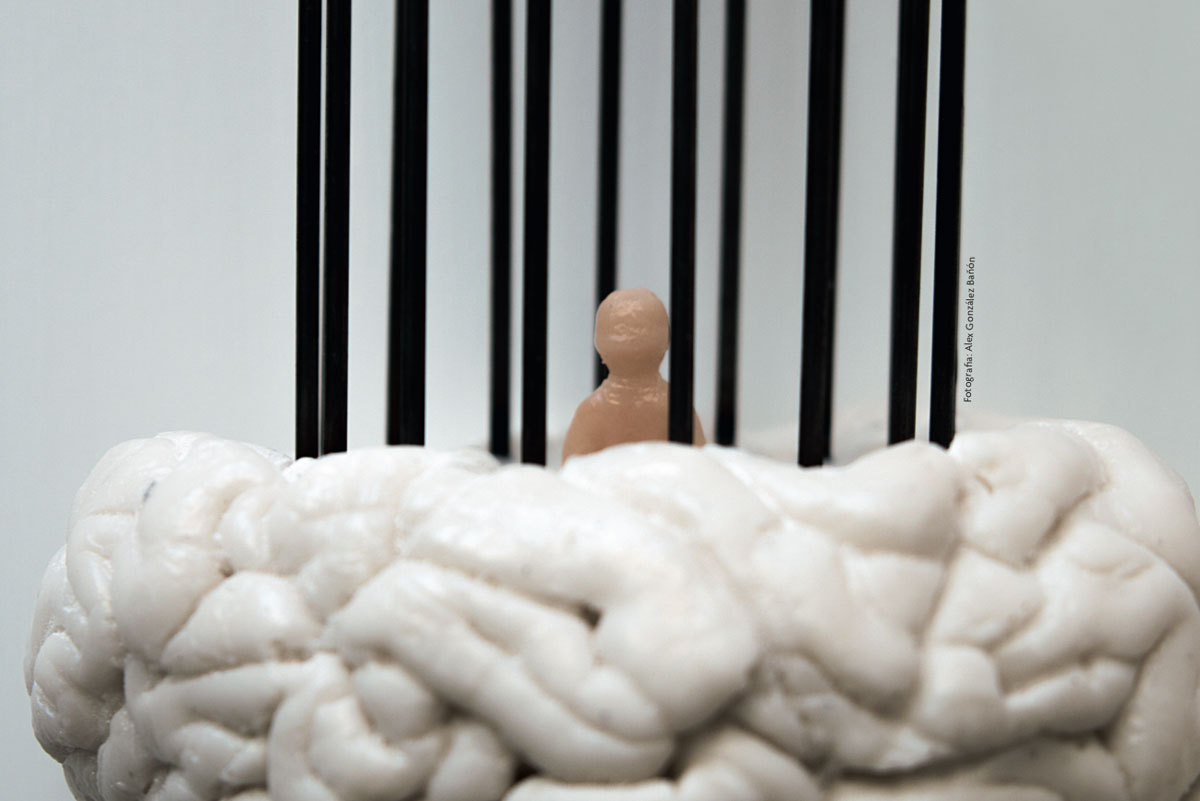
Understanding the brain is one of the greatest scientific challenges, and a fundamental aspiration of human beings. Why is this organ, made of a little over a kilogram of fatty tissue, so special? The answer is obvious: our brain is the place where thoughts and emotions originate, where our behaviour is generated and our memory lives; that is to say, it is the place our identity inhabits. Our brain cannot be replaced (unlike our kidneys, liver or heart). You are your brain.
Advancements in neuroscience are spectacular and we know more and more every day about the organisation and functioning of the brain, but knowing about something and fully understanding it are two very different things. In order to understand how the thousands of millions of neurons and their billions of connections are generated, what the principles of their functional organisation are, and how and why the brain is so different in distinct animals, it is necessary to understand its origin, the mechanisms guiding its formation and, ultimately, its development and evolution. These two processes are not independent, but closely related: evolutionary changes in the brain are the result of modifications during development, due in many cases to changes in the expression of the master genes that guide its construction.
The articles in this monograph address different aspects of the development and evolution of the brain, from a reflection on the contributions of evo-devo neurobiology to the relevance of the architect genes of the brain and other genes involved in language and brain plasticity, as well as the contribution of plasticity to human evolution and, finally, embodied cognition and its importance to understand the evolution of language. In conclusion, several complementary perspectives to unveil the secrets of the brain and illuminate the path towards comprehending our mind.





